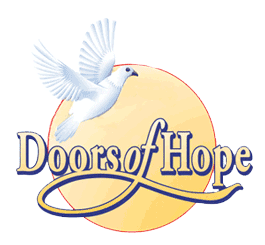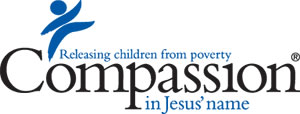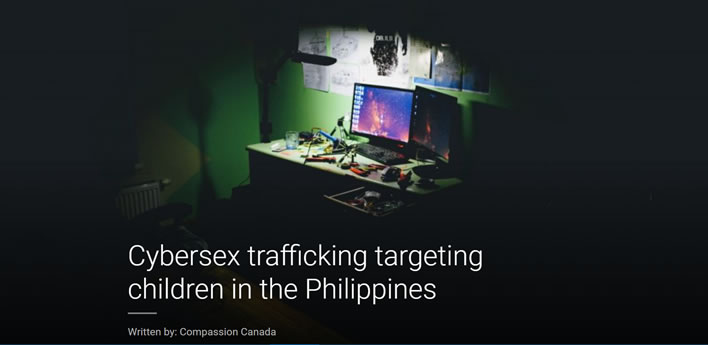


Because He Cares







He who
is kind to the poor lends to the Lord, and He will reward him for what he has done Proverbs 19:17
Home - Who Are We - Journey of Hope - My Story - Prince George
|
Because He Cares |
|
  Written by Edwin Estioko with Laura Phillips - Reporting and Photos by Edwin Estioko *Warning: This account contains disturbing details of sexual violence. “How can an abused child praise God the Father, when she was raped by her own father? How can the children thank God when they are being hurt and punched in the face every day? How can they sing songs when their own mothers are taking pictures of them naked and then selling their pictures?” There’s a new kind of darkness that’s preying on Filipino children in poverty: online sexual exploitation. Online sexual exploitation, otherwise known as cybersex trafficking, refers to the act of forcing children to remove their clothes and perform unspeakable acts in front of a cell phone or computer camera. These videos are streamed to online predators from anywhere in the world in real time—in most cases, by their own parents or relatives. |
How do you know if your child is being sexually abused? Here are the warning signs Because of the painful nature of abuse, Roberts says there are important warning signs adults should pay attention to that may indicate a child is in danger. “A child who is experiencing sexual abuse would likely show you some red flags in their behaviour,” she explained. |
Reporting Child Abuse Helpline NumberCall the Helpline for Children when you have a concern about the safety and well-being of a child at 310-1234. 310-1234. This is a toll free number. It is a local telephone number anywhere in the province. Duty to report abuse or suspected abuseAnyone who has reason to believe that a child has been or is likely to be abused or neglected has a legal duty under the Child, Family and Community Service Act to report the matter. How to reportReport to a child protection social worker in either a Ministry of Children and Family Development office, or a First Nations child welfare agency that provides child protection services.
|
|
When a parent abducts their child
Violence based on so-called honour OTHER LINKS
Reports and Publications |
|
Over 750,000 hits have been generated since January - 2005
|